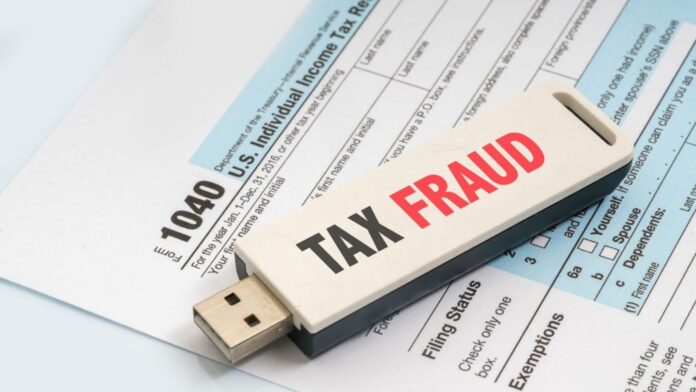By: Staff Writer
November 11, Colombo (LNW): In a major policy shift aimed at curbing misuse of tax incentives and ensuring transparency in investment approvals, the Government has moved to drastically cut long-term tax concessions previously granted under the Strategic Development Projects (SDP) Act.
The Strategic Development Projects (Amendment) Bill, 2025, published in the Gazette on 7 November, seeks to limit tax holidays to a maximum of ten yearsdown from the earlier 25 years and introduce stringent oversight mechanisms for investment-related tax expenditures.
Under the new framework, the Board of Investment (BOI) will continue to identify eligible Strategic Development Projects. However, it will now be required to submit each proposal to the Ministry of Finance for a mandatory ex-ante cost-benefit analysis before granting any tax concession.
The Finance Ministry must issue its recommendation within one month, after which the BOI may approve benefits in line with the ministry’s findings. Final decisions will be subject to Cabinet approval and formal publication in the Gazette.
The Bill further introduces ex-post monitoring, requiring the BOI to conduct regular performance evaluations of all approved SDPs. These assessments must be submitted to the Ministry of Finance, which will be responsible for disclosing fiscal impacts and investment outcomes on its official website.
Projects that fail to meet agreed performance indicators risk losing their privileges, as the BOI is empowered to restrict, suspend, or revoke tax benefits and impose administrative penalties after providing due notice and an opportunity for appeal.
To enhance fiscal compliance, all entities operating under the SDP regime will be obligated to file tax returns in accordance with the Inland Revenue Act. They must also pay withholding taxes and ensure that employment incomewhether for resident or non-resident workersis properly taxed. Tax holidays will begin on the date a project’s commercial operations are certified and cannot be extended beyond the initial term.
The Finance Ministry will be required to publish an annual report on all SDP-related tax expenditures and may review the efficiency and continued relevance of these incentives every five years. Any new regulations issued under the Act must be presented to Parliament for approval within three months. Existing tax holidays already in effect will remain valid for their original duration, provided all stipulated conditions are met.
Announcing the move during the 2026 Budget presentation, President and Finance Minister Anura Kumara Dissanayake declared that the era of informal, politically driven investment culture was over. “We are building a new environment where cronyism, racketeering, and nepotism are replaced by credibility and predictability,” he told Parliament.
The President emphasized that the new rules aim to create a rule-based incentive regime to attract credible foreign and domestic investors. Similar reforms are also being introduced to the Colombo Port City Commission Act, with the Government expecting these measures to strengthen investor confidence and accelerate the inflow of foreign direct investment into the country.
